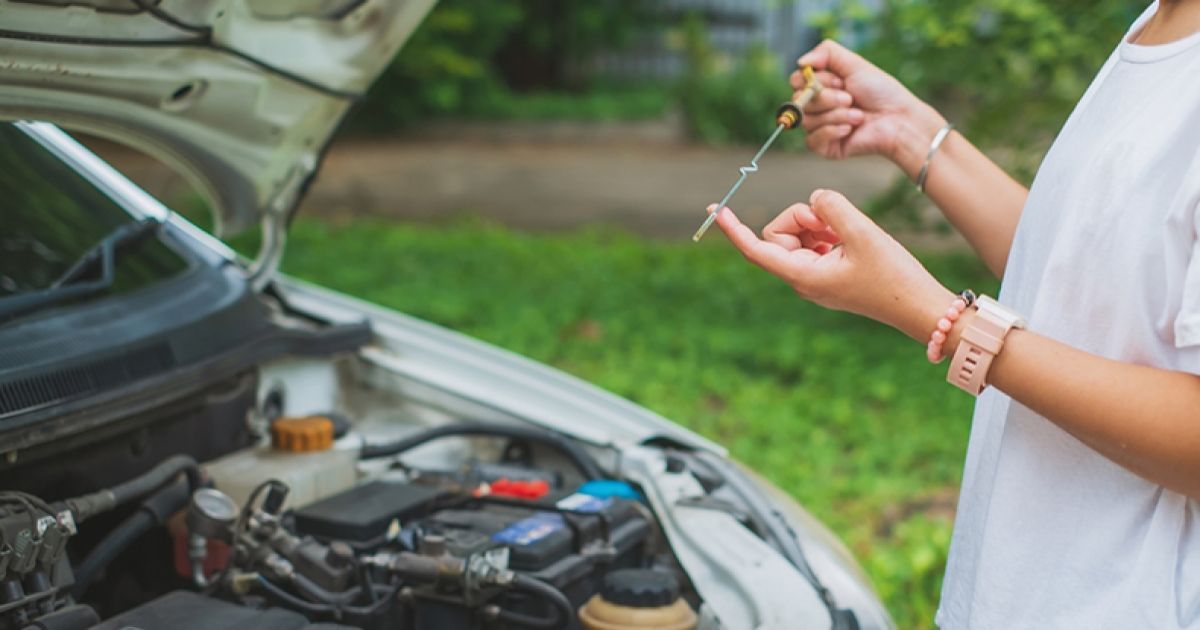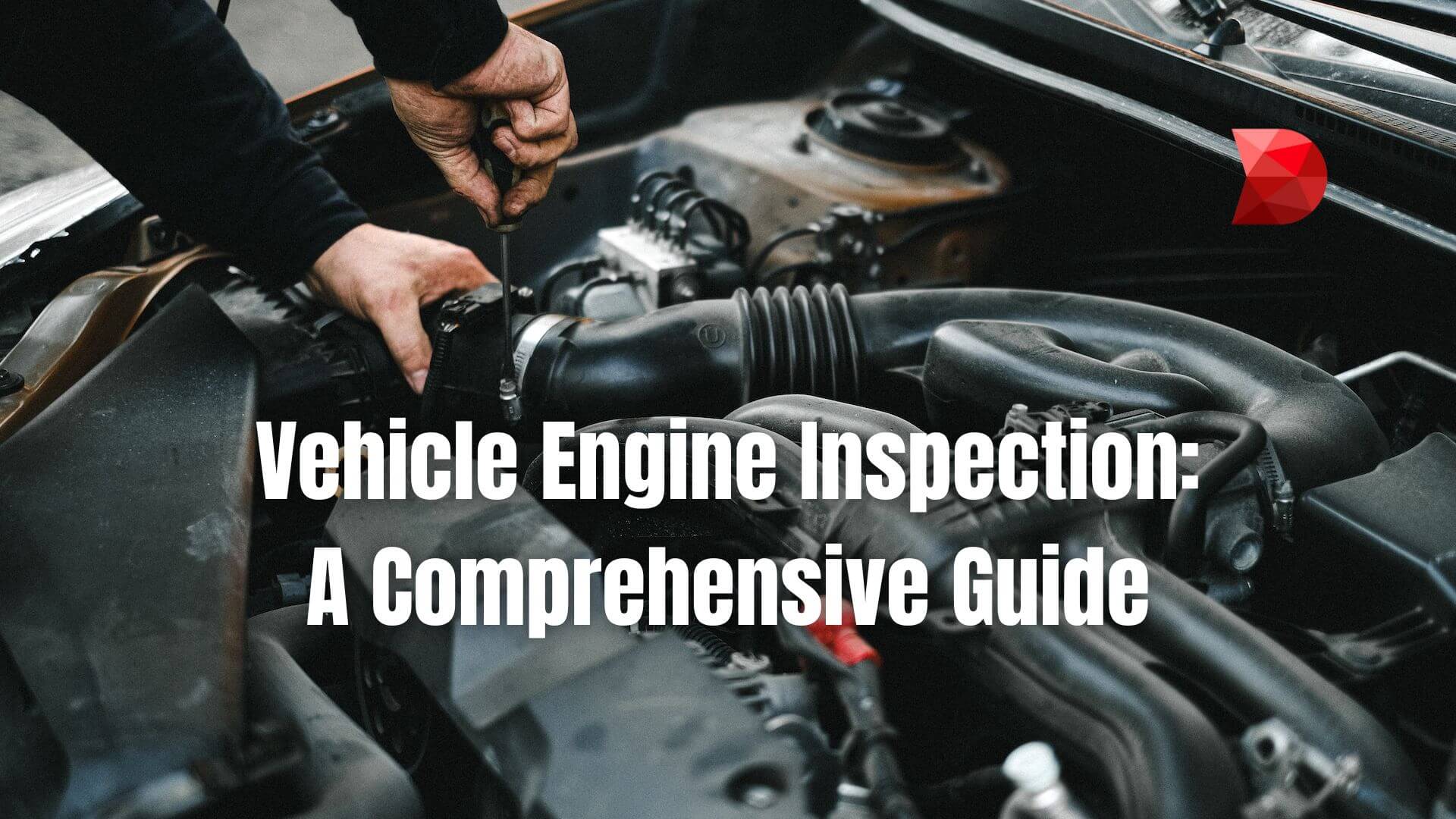Vehicle Inspections : The Essential Guide to a Thorough Check
Vehicle inspections are critical for ensuring the safety and functionality of your vehicle. As part of regular maintenance, inspections help identify any potential issues or safety hazards and allow for necessary repairs or adjustments to be made promptly.
By adhering to a proactive inspection schedule, you can prevent accidents, prolong the life of your vehicle, and save on costly repairs in the long run. Make sure to prioritize regular inspections as a responsible vehicle owner.

Credit: www.rac.co.uk
Importance Of Vehicle Inspections
Regular vehicle inspections are of utmost importance as they ensure safety, reliability, and prevent costly repairs. By conducting thorough inspections, you can identify any potential issues before they become major problems. Maintaining your vehicle’s safety features and mechanics is crucial for both your well-being and that of others on the road.
In addition, vehicle inspections help you meet legal requirements and avoid any penalties or fines. These inspections serve as a proactive measure to keep your vehicle in optimal condition, granting you peace of mind while driving. Regularly inspecting your vehicle will save you time and money in the long run, by addressing any minor issues before they escalate into major and expensive repairs.
Take the necessary steps required to keep your vehicle safe and reliable through regular inspections.
Components To Inspect
Vehicle inspections are crucial to ensure the overall condition and safety of your vehicle. When inspecting the components, it is important to start with the exterior parts. This includes checking the condition of the tires, headlights, taillights, and mirrors. Moving on to the interior components, you should inspect the seats, dashboard, and controls for any signs of damage or malfunction.
Lastly, don’t forget to pop the hood and inspect the engine, checking for any leaks, loose belts, or worn-out parts. Regular inspections of these components will help identify any potential issues early on and ensure a smooth and safe driving experience.
Don’t skip on the inspections, as they can save you from costly repairs down the line.
Step-By-Step Inspection Process
Performing a thorough vehicle inspection involves several essential steps to ensure safety and optimal performance. Begin by checking the tires and wheels for any signs of damage or uneven wear. Next, examine the lights and signals to ensure they are working correctly.
Inspect the brakes carefully for any signs of wear or malfunction. Check the fluid levels, including oil, coolant, and brake fluid, to ensure they are at the appropriate levels. Assess the electrical components, such as the battery terminals and wiring, for any loose connections or damage.
Test the battery to ensure it is functioning correctly. Verify the vehicle’s suspension by checking for any signs of damage or excessive wear. Examine the exhaust system for any leaks or damage. Inspect the steering and suspension system to ensure it is in proper working order.
Test the engine and transmission to ensure they are operating efficiently. Finally, check the cooling system to ensure it is functioning properly. Performing these inspections regularly will help keep your vehicle safe and reliable.
Common Issues To Look For
Vehicle inspections are crucial to ensure the safety and reliability of your vehicle. When inspecting your vehicle, it’s important to check for common issues that can arise. One of these issues is rust and corrosion, which can weaken the structural integrity of your vehicle.
Another issue to look for is fluid leaks, as they can indicate problems with your engine or other vital components. Uneven tire wear is also a red flag, as it can suggest improper alignment or suspension problems. Additionally, it’s important to inspect your brake pads and rotors regularly, as worn-out brakes can impact your vehicle’s ability to stop effectively.
Lastly, electrical malfunctions should not be overlooked, as they can lead to various issues with your vehicle’s functionality. By being vigilant and addressing these common issues, you can ensure your vehicle is safe and operating at its best.
Signs Of A Well-Maintained Vehicle
A well-maintained vehicle can be identified by several signs. First, a clean and organized interior indicates meticulous care. Secondly, a regular maintenance history assures that necessary upkeep has been performed. Additionally, properly inflated tires are a sign of responsible ownership.
Lastly, updated service records provide documentation of timely maintenance and repairs. These indicators collectively demonstrate the dedication and attention to detail that goes into keeping a vehicle in optimal condition. By prioritizing cleanliness, regular maintenance, tire inflation, and service record updates, owners can ensure that their vehicles remain reliable and safe on the road.
Scheduled inspections and attention to these signs are essential for maintaining the longevity and performance of any vehicle.
Tips For Diy Inspections
Vehicle inspections are important for ensuring safety and identifying potential issues. When conducting diy inspections, it is essential to use a comprehensive checklist. This will help ensure that all necessary aspects of the vehicle are thoroughly examined. One of the most important tips is to take your time during the inspection process.
Rushing can lead to overlooking crucial details. It is also necessary to document all findings during the inspection. This documentation will serve as a reference for future maintenance or repairs. If unsure about any findings or the overall condition of the vehicle, seeking professional help is highly recommended.
Professional mechanics have the knowledge and expertise to provide accurate assessments and guidance. By following these tips, diy vehicle inspections can be effective and contribute to keeping your vehicle in optimal condition.
Professional Inspection Services
Vehicle inspections are important for ensuring the safety and reliability of your vehicle. Hiring a professional inspection service has several benefits. Firstly, it allows you to have peace of mind knowing that experts are assessing your vehicle. They have the knowledge and expertise to identify any potential issues that may not be readily apparent to the untrained eye.
Additionally, professional inspection services can save you time and effort. Instead of conducting the inspection yourself, you can rely on their expertise to thoroughly check your vehicle. When looking for a reliable inspection service, it’s important to do your research and ask the right questions.
Consider their experience, credentials, and customer reviews. Asking specific questions about their inspection process can help ensure that you’re getting a thorough assessment of your vehicle’s condition. By hiring a professional inspection service, you can make informed decisions about your vehicle’s maintenance and repairs.
Conclusion
Vehicle inspections are a crucial part of ensuring road safety and maintaining the longevity of your vehicle. Regular inspections help identify any potential issues before they become major problems, saving you time and money in the long run. By conducting thorough inspections, you can address any necessary repairs or maintenance promptly, preventing breakdowns or accidents on the road.
Additionally, inspections also play a vital role in ensuring compliance with regulatory standards and requirements. Taking the time to prioritize vehicle inspections not only ensures your safety but also contributes to a more sustainable and environmentally friendly transportation system. So, don’t neglect the importance of vehicle inspections – make them a regular part of your maintenance routine to keep your vehicle running smoothly and safely for years to come.







